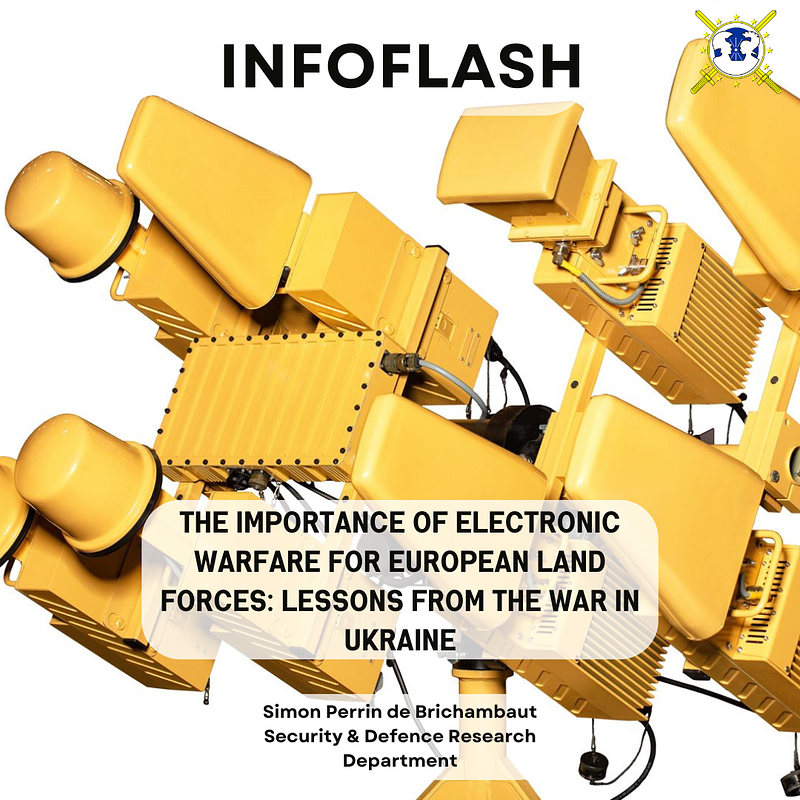Strategic Planning and Tactics in The Ukrainian-Russian War: What Should European Armies Implement and Avoid?
This paper’s purpose is to examine strategic and tactical lessons to be learned from the Ukrainian-Russian war and offer European armies recommendations for future preventive and defensive measures. Through analysing both warring parties’ engagement in war, this paper shows that Russian entrenching strategy is successful in containing Ukrainian forces, and using surveillance drones is an effective method of preventing surprise attacks from the adversaries’ army. Further benefits and deficiencies of Russian offense and Ukrainian defence strategies are discussed. This comparative analysis provides European armies with recommendations for implementations and avoidances.





